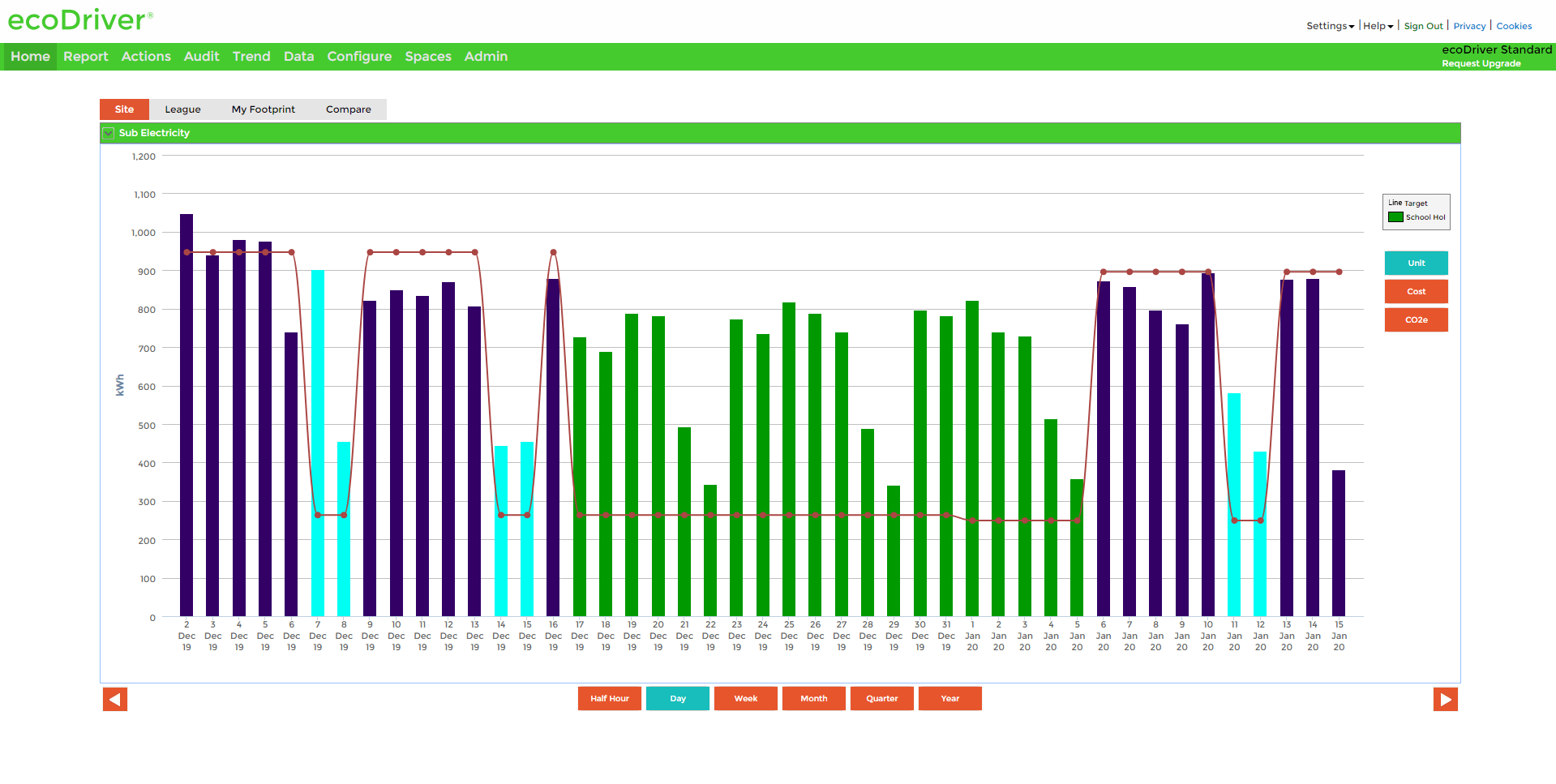Saving Energy in Schools

One of the biggest, or possibly the biggest, news items over the past couple of years has been climate change. In a recent BBC interview, legendary broadcaster and naturalist Sir David Attenborough stated, “The moment of crisis has come”. Those words from a renowned expert carry significant weight however old you are. Add them to the actions and messages of Greta Thunberg, who has captured the imagination of many young people with rousing speeches to world leaders imploring them to reduce our emissions, and it is inevitable that action will be inspired in one form or another.
In February last year school pupils across the UK staged an organised ‘strike’ in a bid to urge the government to do more to tackle the threat of climate change. But there comes a point where strikes and organised marches are not enough. Perhaps if we give students the trust, responsibility and, crucially, the tools to positively affect the environment they occupy, they will learn the skills to make a big difference in the long term. In some schools, this is already taking effect.
It is not just about reducing the cost of energy. With their futures at stake, students are becoming the most engaged and focused group when it comes to understanding the need for a significant reduction in CO2 emissions. To give them the responsibility of running their building efficiently, ecoDriver makes a school’s energy consumption visible to students in easy to understand charts, building layouts and reports, which empowers these young ‘eco leaders’ to do what they can to reduce waste. It also stimulates ideas and opportunities for the schools to reduce waste further.
So, are the days of parents nagging their teenagers not to leave their bedroom lights burning when they go out finally over? Perhaps we are seeing the start of a generational revolution different to anything we have seen before. With the technology now available to them, today’s students really can play a leading role in managing their own environment at a local level, and this will have positive repercussions on a regional, national and even global scale now and into the future.




